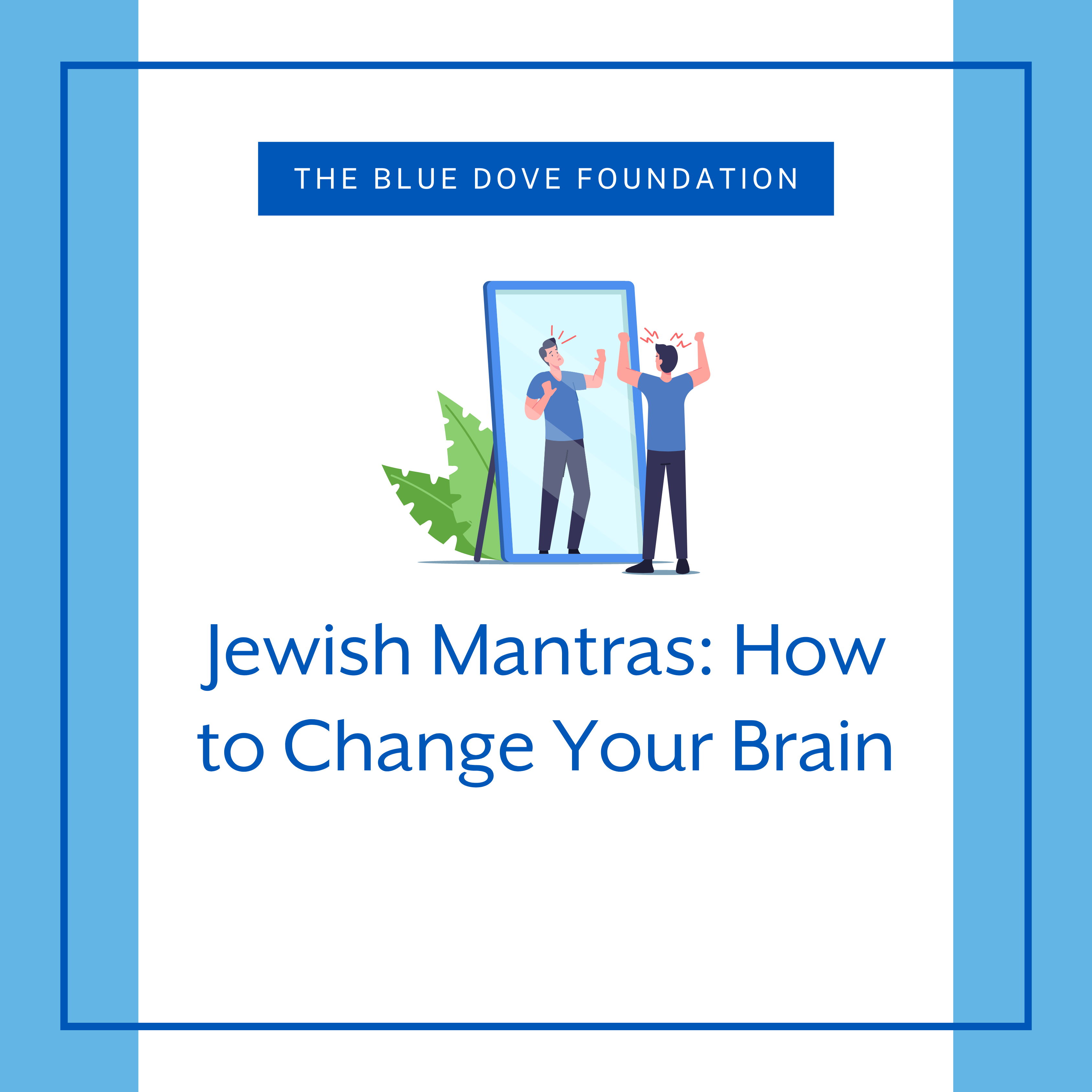By Rabbi Steven Gotlib | Beginning on the second night of Passover and extending until Shavuot, many Jews count the Omer. For 49 days, Judaism maintains a special awareness of time — even for a religion that, as Abraham Joshua Heschel described, constructs a sanctuary of time each week in marking the Sabbath. But what exactly makes these 49 days between Passover and Shavuot so special?










